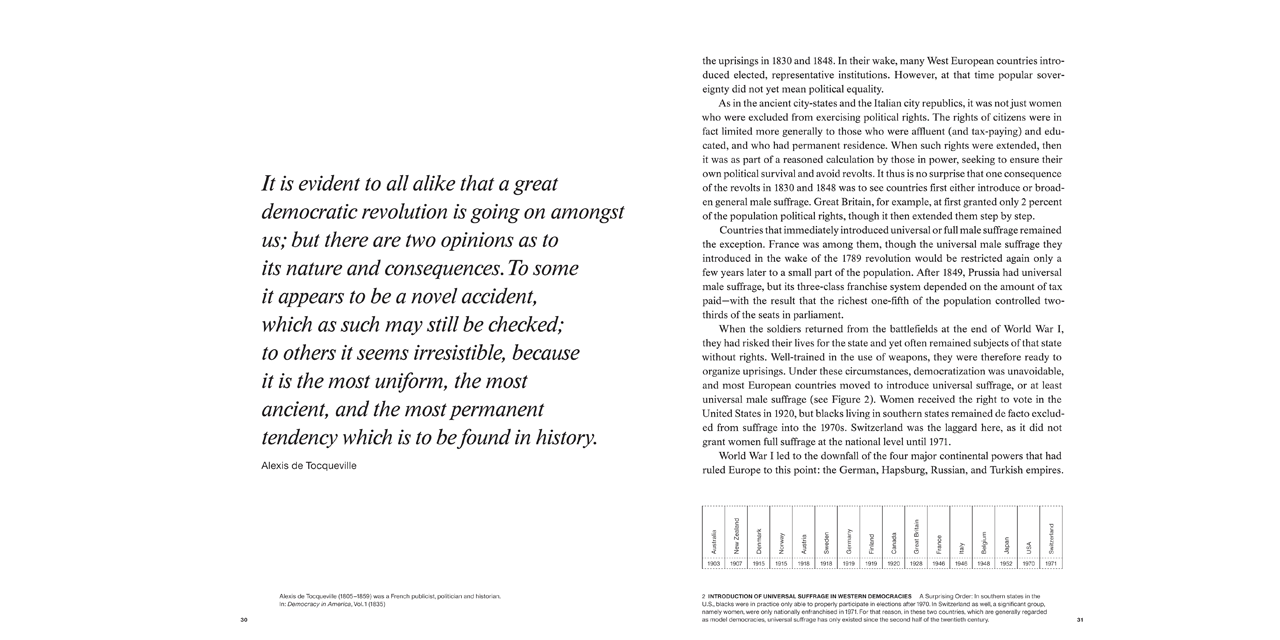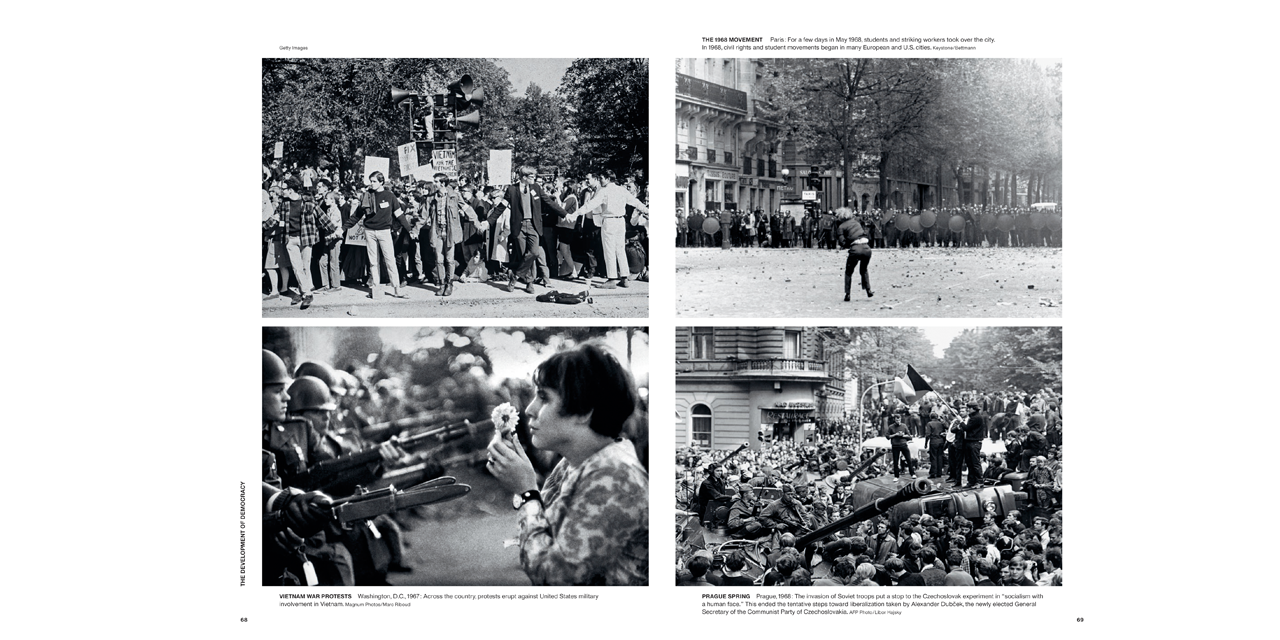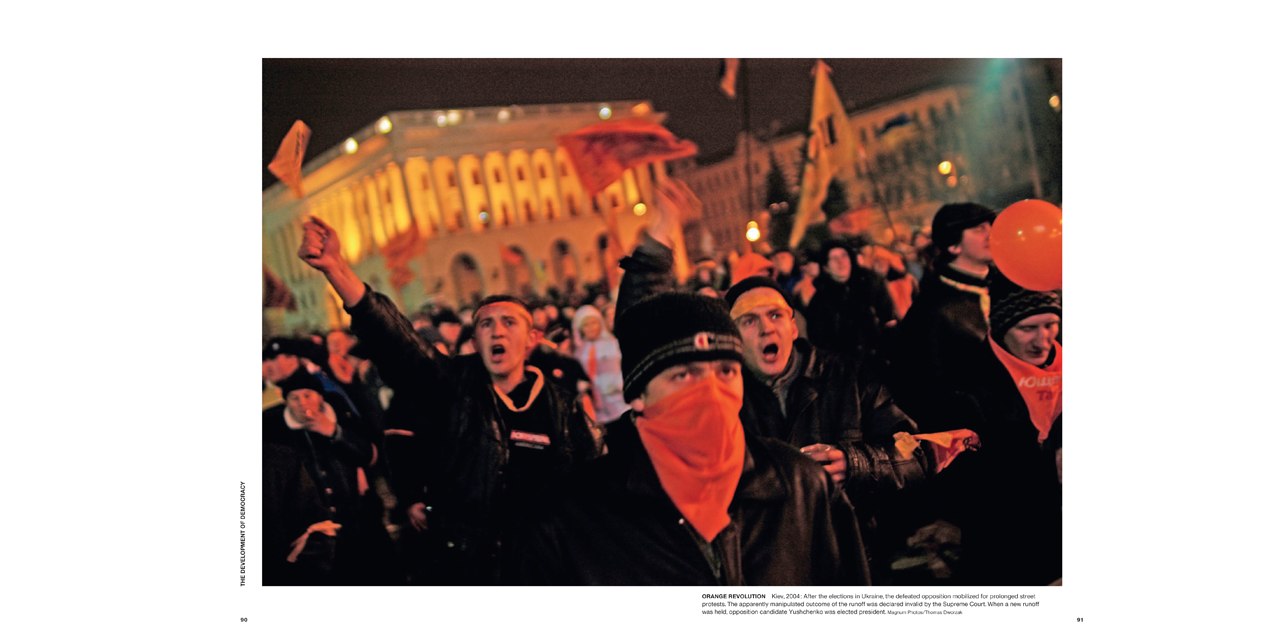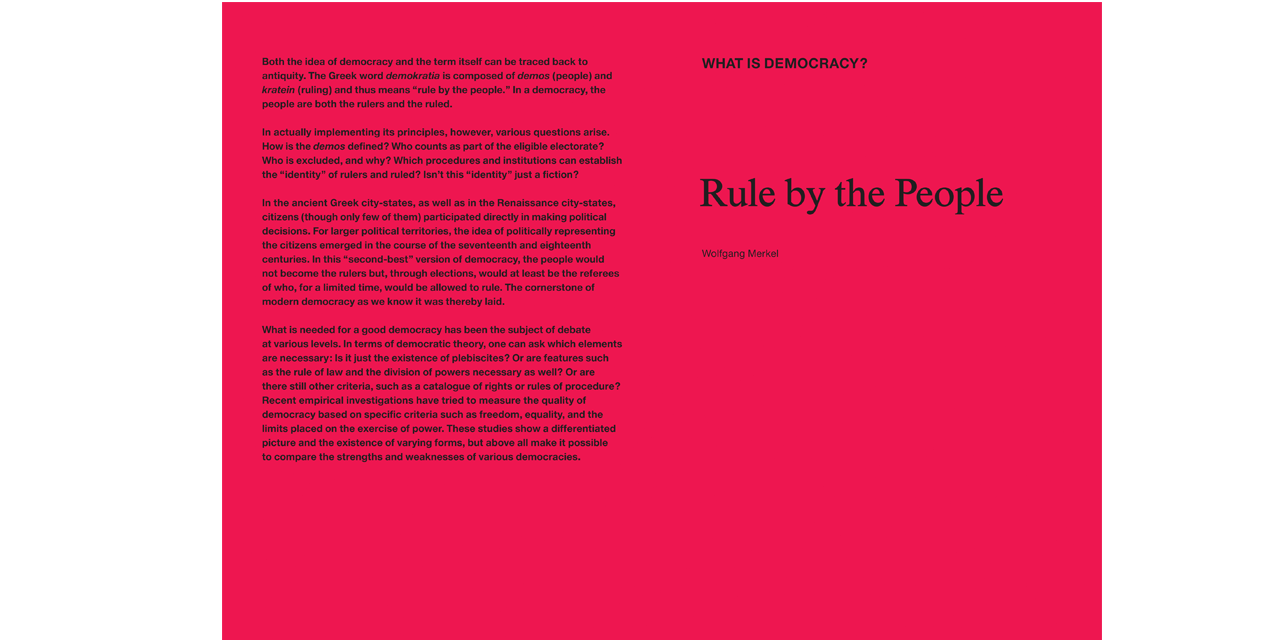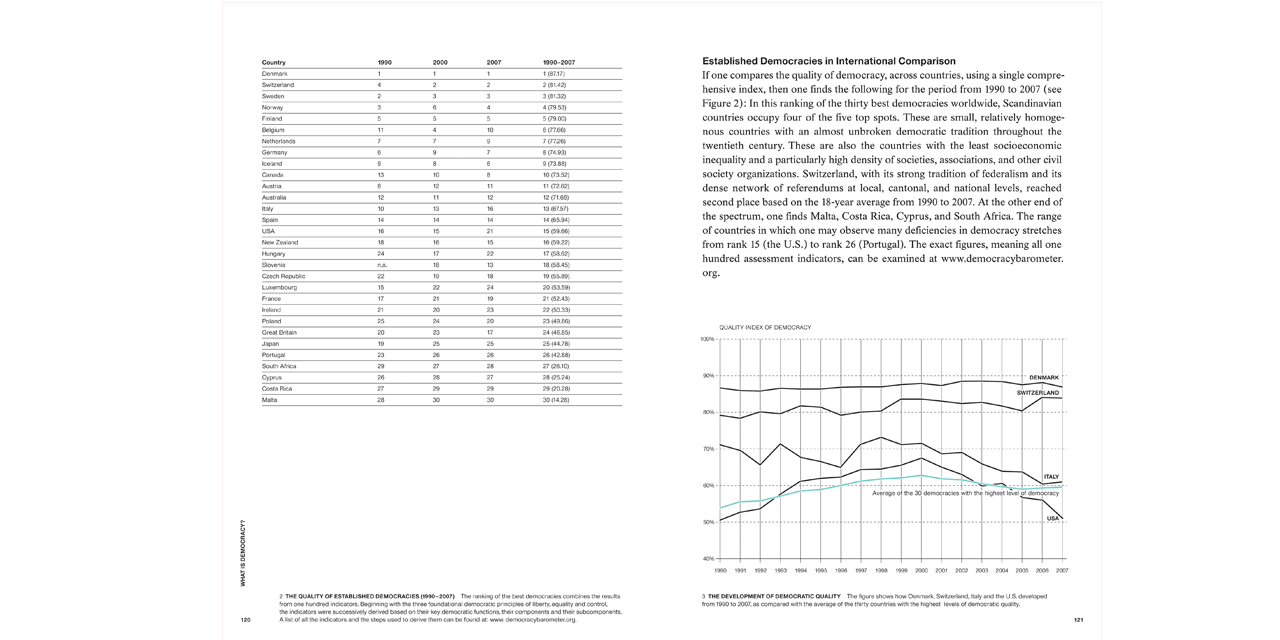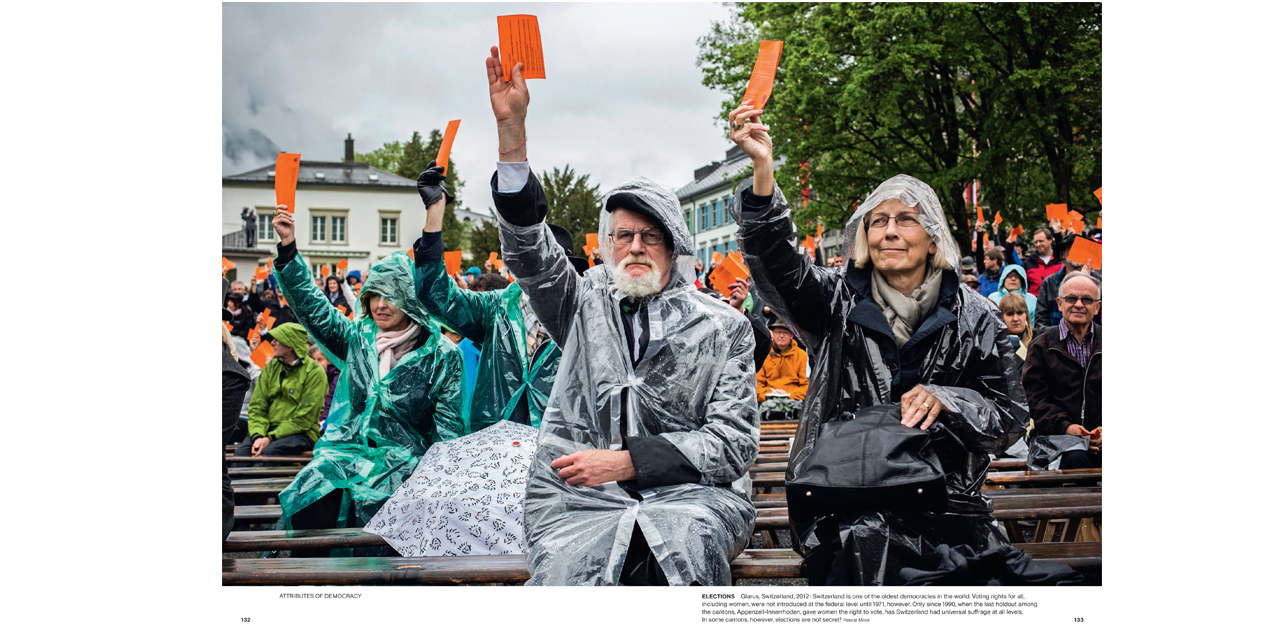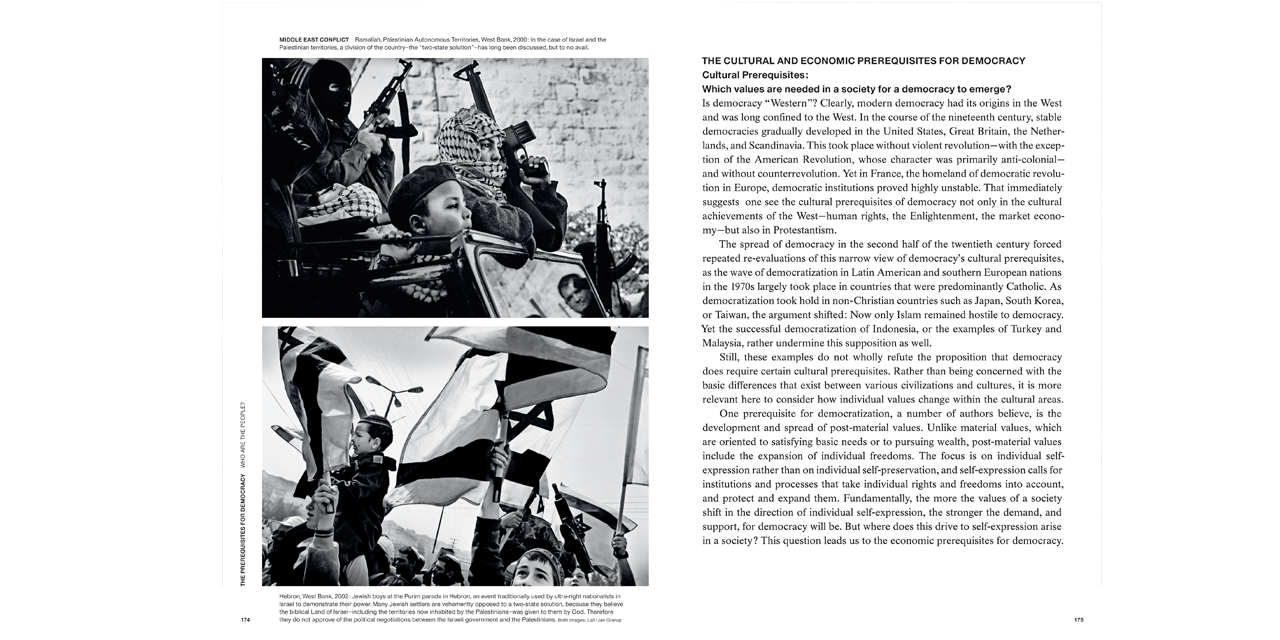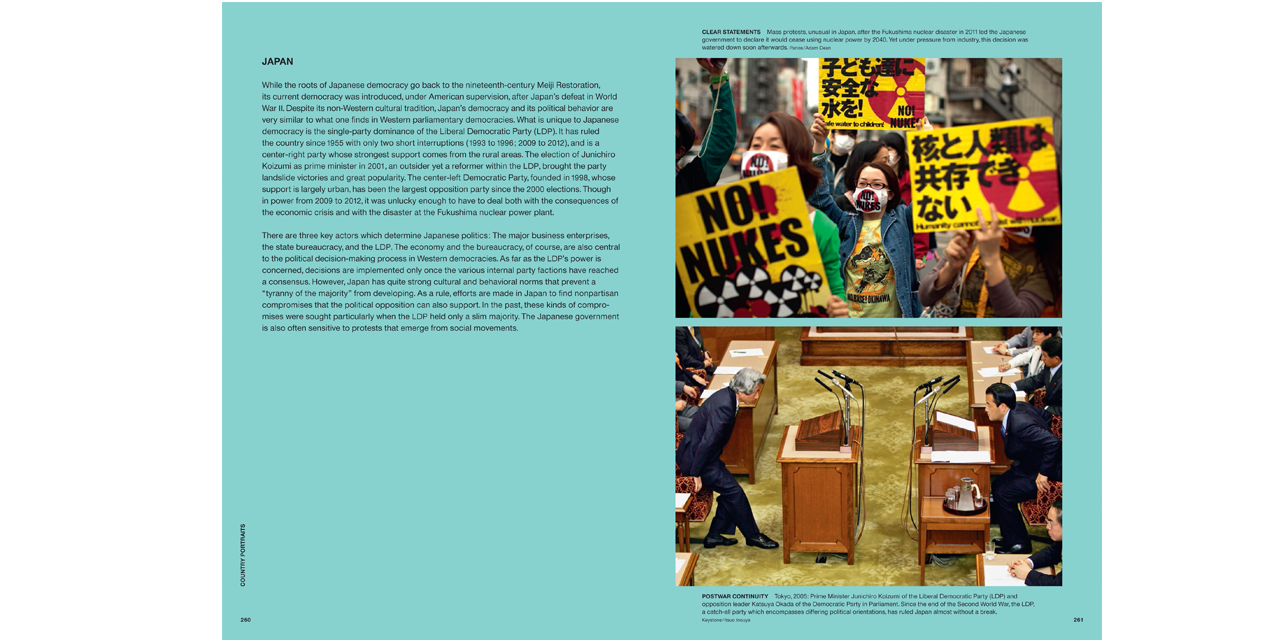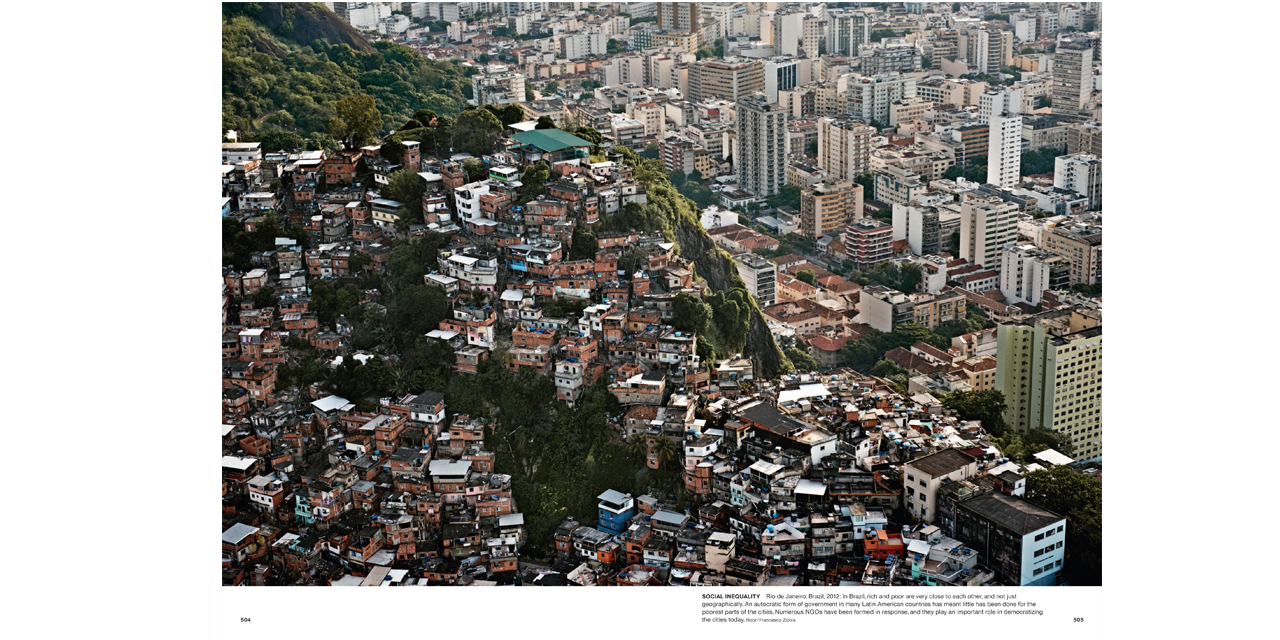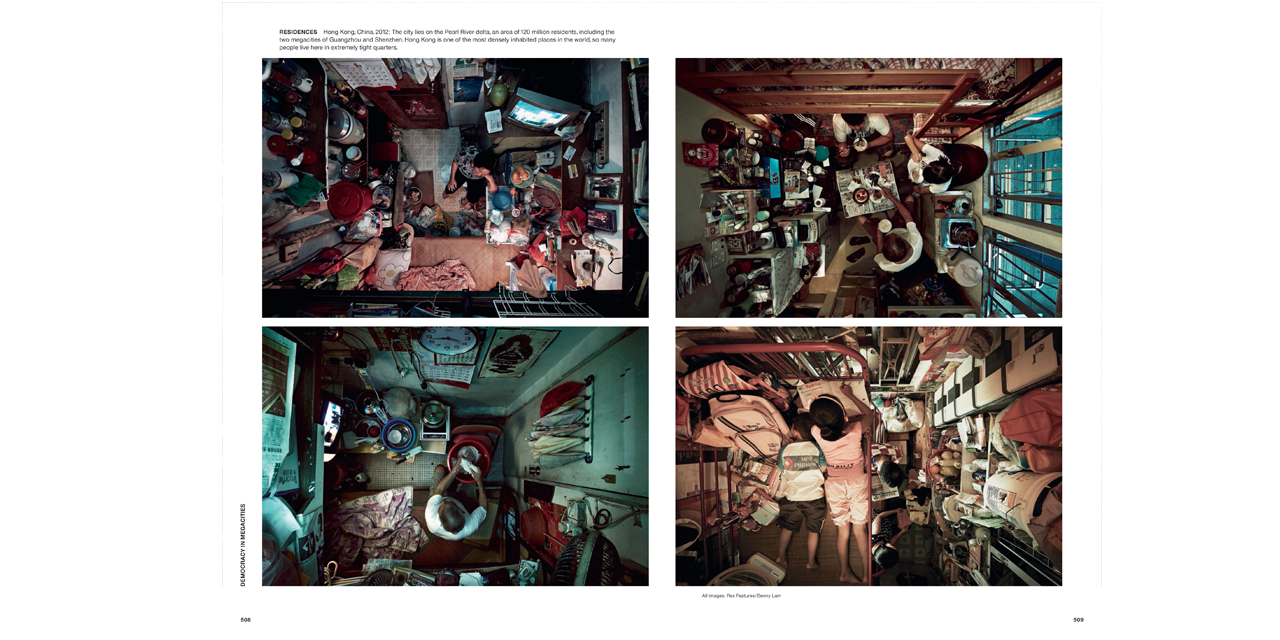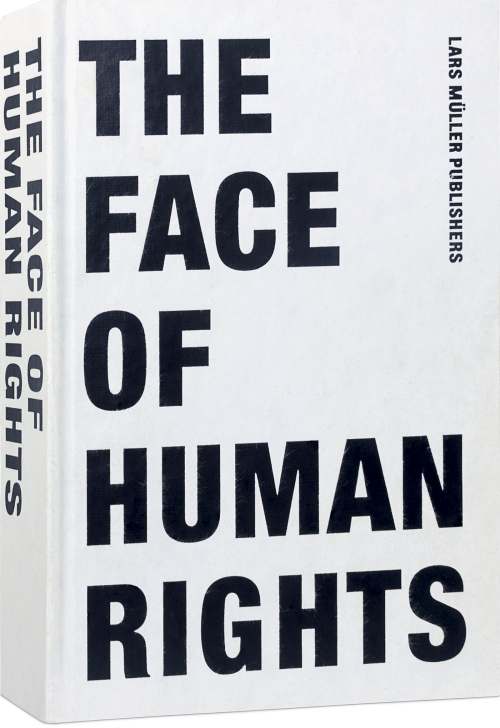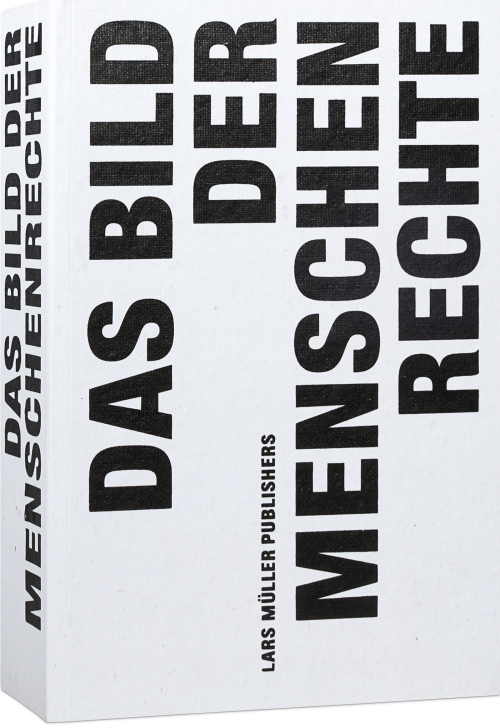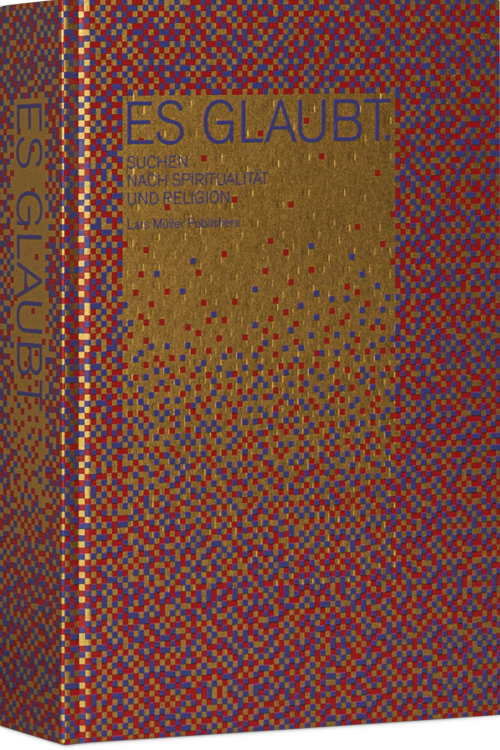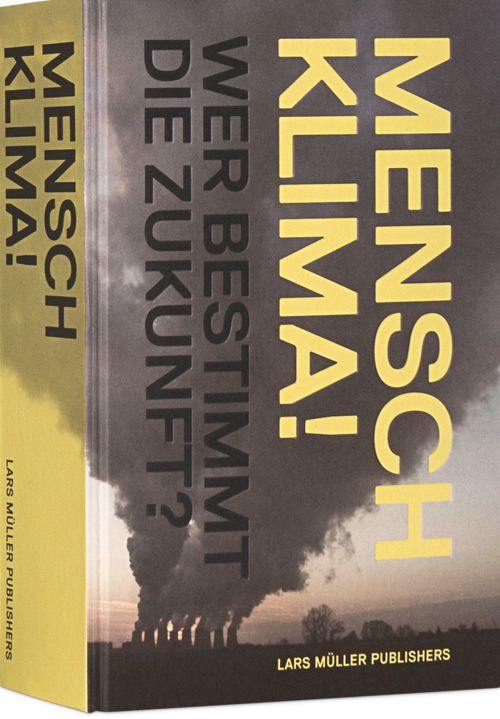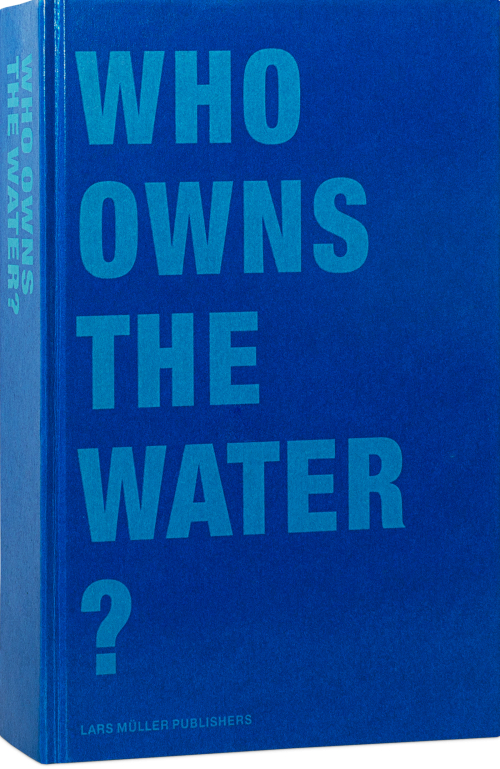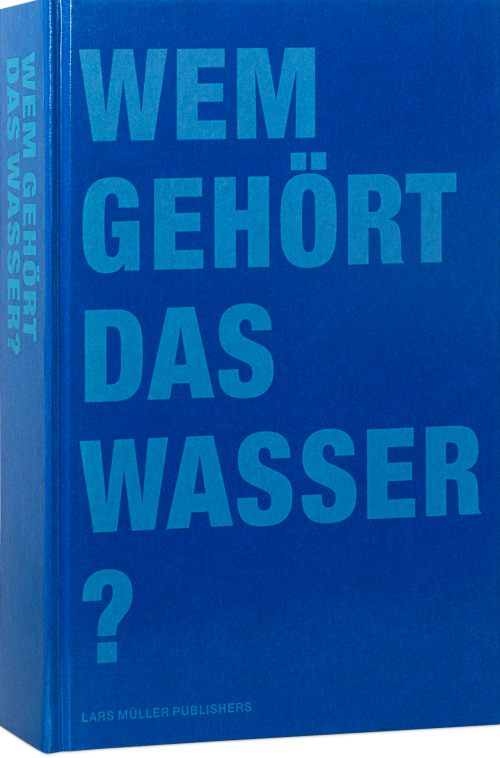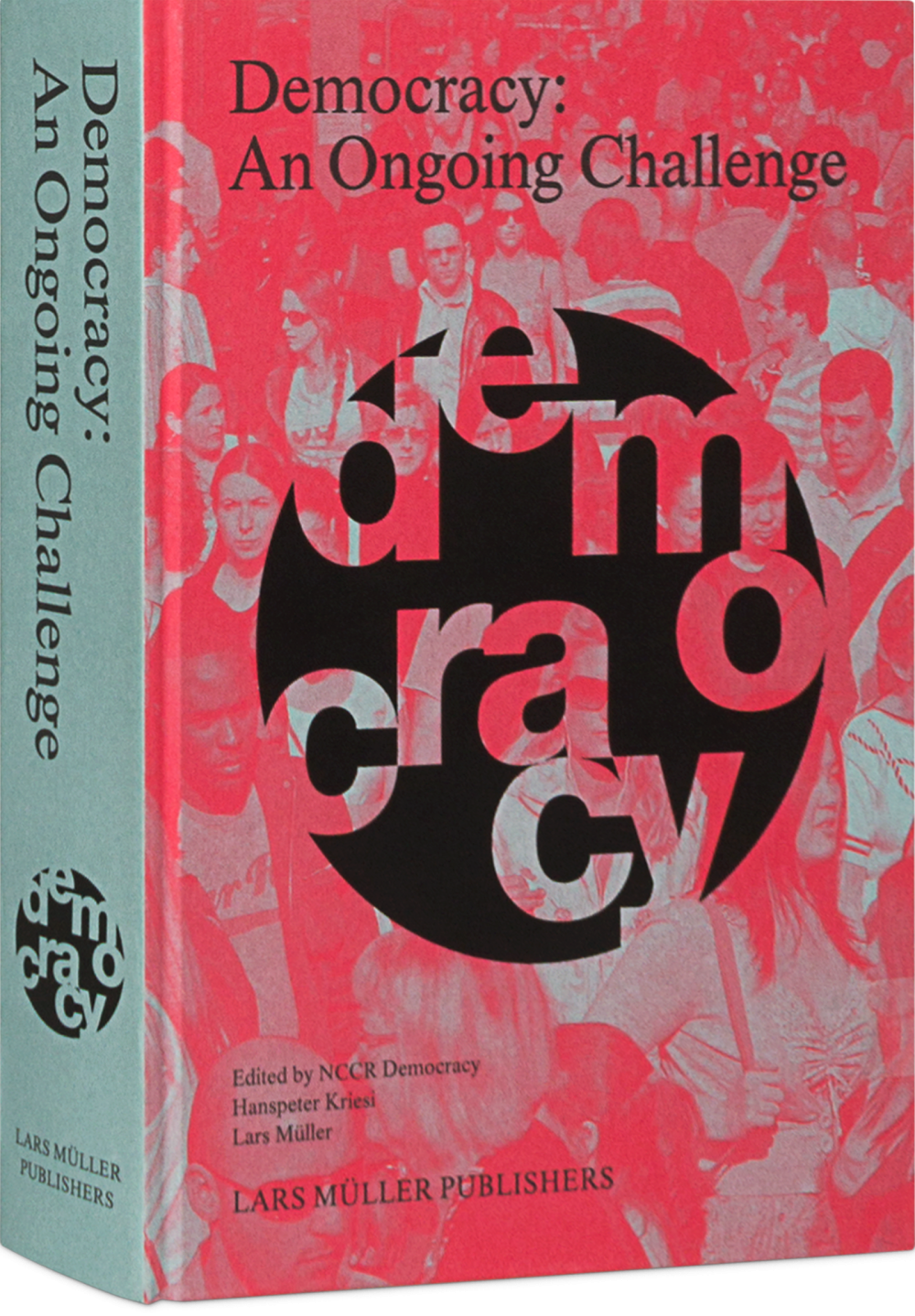
Democracy: An Ongoing Challenge
Is democracy the best form of government? What are the hallmarks of a good democracy? These questions were asked in ancient times and we are still trying to find the answers today. We have learned, at least, that there is no “perfect” democracy!
Democratically-ruled nations try to strike a difficult balance between equality and liberty, as well as between majority and minorities. They try to maintain order in society while allowing for the greatest possible expressions of opinion. Democracy demands and democracy challenges—and as a system of government, democracy is itself challenged today by globalization and the development of digital media. Against this background, and in light of political and economic events in Asia or in the Arab world, there is another incessant question: is democracy still up-to-date? But of course! Democracies perform generally better and ensure peace more successfully than other forms of government.
Democracy: An Ongoing Challenge illustrates why. This visual reader uses the power of images to complement text, resulting in a compendium of the history and development of democracy, and offering insight into contemporary debates.
With texts by André Bächtiger, Thomas Bernauer, Daniel Bochsler, Florin Büchel, Francis Cheneval, Colin Crouch, Frank Esser, Flavia Fossati, Regula Hänggli, Jürg Helbling, Erik Jentges, Hanspeter Kriesi, Daniel Kübler, Andreas Ladner, Sandra Lavenex, Wolfgang Merkel, Frank Schimmelfennig, Marco Steenbergen, Manuel Vogt.
Is democracy the best form of government? What are the hallmarks of a good democracy? These questions were asked in ancient times and we are still trying to find the answers today. We have learned, at least, that there is no “perfect” democracy!
Democratically-ruled nations try to strike a difficult balance between equality and liberty, as well as between majority and minorities. They try to maintain order in society while allowing for the greatest possible expressions of opinion. Democracy demands and democracy challenges—and as a system of government, democracy is itself challenged today by globalization and the development of digital media. Against this background, and in light of political and economic events in Asia or in the Arab world, there is another incessant question: is democracy still up-to-date? But of course! Democracies perform generally better and ensure peace more successfully than other forms of government.
Democracy: An Ongoing Challenge illustrates why. This visual reader uses the power of images to complement text, resulting in a compendium of the history and development of democracy, and offering insight into contemporary debates.
With texts by André Bächtiger, Thomas Bernauer, Daniel Bochsler, Florin Büchel, Francis Cheneval, Colin Crouch, Frank Esser, Flavia Fossati, Regula Hänggli, Jürg Helbling, Erik Jentges, Hanspeter Kriesi, Daniel Kübler, Andreas Ladner, Sandra Lavenex, Wolfgang Merkel, Frank Schimmelfennig, Marco Steenbergen, Manuel Vogt.
Dieses Buch ist auch auf Deutsch erhältlich
